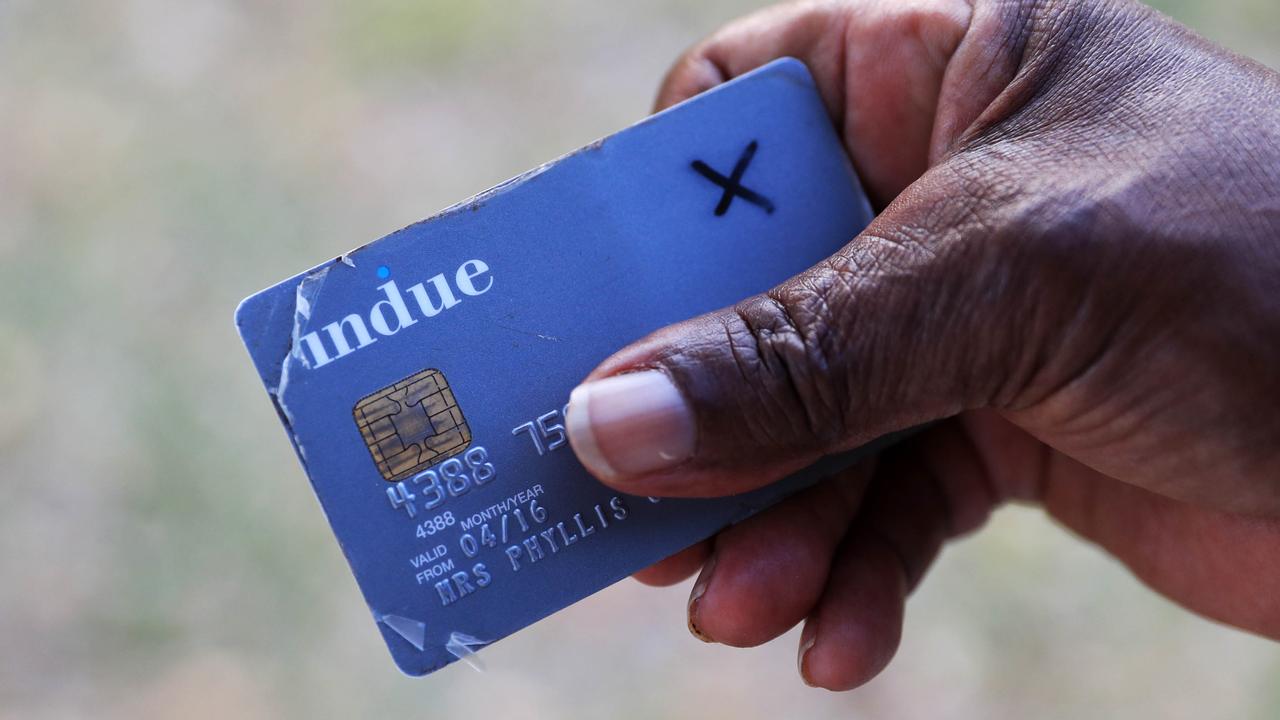Remote leaders in bid to avert ice crisis
An indigenous-led coalition has launched a pre-emptive strike to avert a catastrophic explosion of ice use in remote communities.

An indigenous-led coalition of leaders and frontline health workers has launched a pre-emptive strike to avert a socially catastrophic explosion of ice use in remote communities.
Mounting evidence of the increasing use of ice and related “psychotic episodes” in the past six months has sparked fears of a reversal of a decade of social improvements under alcohol bans.
Queensland’s Aboriginal mayors and indigenous-led health and social services are pushing for a zero-tolerance response to suppliers and are already funding grassroots anti-ice campaigns.
Lockhardt River Mayor Wayne Butcher, the chairman of the Indigenous Leaders Forum, put the drugs threat on the top of the agenda at a meeting of mayors last month to ramp up the fight in collaboration with police, government and social services.
“We know the threat: it would destroy us, to be honest,” Mr Butcher said after a meeting. “There were 17 mayors of indigenous communities sitting around the table and I asked for a show of hands if they knew that ice was in their community, and nearly everyone put up their hand. It’s happened so quick. It seemed like a city problem but it has been sneaking into the communities.”
Several mayors are flagging a proposal to evict convicted suppliers of ice from public housing, with reports of at least one suspected dealer recently “chased out’’ of a community.
Queensland Police Commissioner Ian Stewart said vulnerable indigenous communities were at a social “tipping point” in a war on ice that he believes can only be won through “true collaboration” between communities, politicians and law enforcement.
“I am not saying it is epidemic yet but it has the potential,” Mr Stewart said. “If we don’t cover off before it starts we are all going to be in strife.”
Mr Stewart said he had been encouraged by the indigenous leadership in moving to face the threat. “We have actually got, in my humble opinion, some of the best thinkers and some of the most passionate mayors that we have had in our history,’’ he said.
Mr Stewart warned that the push against drug use also had to involve all members of the communities abandoning a traditional reticence to inform police of criminal activity in the tight-knit communities.
“Their responsibility is not just to talk about this … if they know stuff within their communities it will only work if they let us know, so we can go out and snuff these things out.’’
After a decade of leading the fight against indigenous social dysfunction, including the use of alcohol bans and tough welfare measures pushed by Noel Pearson, Cape York could set the model in the nationwide battle against ice.
Grassroots health groups such as the Apunipima Cape York Health Council are funding front-foot social-media and public-awareness campaigns.
Apunipima chief medical officer Mark Wenitong said: “We don’t actually get any substance-abuse funding or anything. We thought: ‘Well, we could sit around and wait for some funding to come through, wait for somebody else to do it, but let’s just start doing it.’ ”
The Queensland Aboriginal and Islander Health Council has reported a “surge in demand’’ for ice-rehabilitation services, which have been cut in recent years.
The number of dedicated Aboriginal drug and alcohol services had been cut from 11 in 2011 to just five, with reduced state and federal funding.
QAIHC general manager of policy innovation and service development Sandy Gillies said governments needed to boost funding and support for her staff, who were “largely doing it alone’’. “There’s been a history of governments waiting for health crises to develop before responding and we are determined to be proactive this time,” she said.
“We have little experience and knowledge of this drug and are only just beginning to see the impact it is having on already high rates of family violence and incarceration.’’ Ms Gillies said QAIHC and its affiliate, the Queensland Indigenous Substance Misuse Council, would submit a policy paper to the state government that included a call for more training of its workers and increased rehabilitation funding.
Increased drug use, particularly with cannabis, appears to have been an unintended consequence of the introduction of alcohol management plans, from 2002.
Under AMPs, alcohol-related violence and injury fell to historically low levels within a few years. School attendance also jumped — helped along with more punitive measures against parents and guardians who failed to get their kids to class — and the chaotic scenes of public drunkenness subsided.
New research shows that in three AMP communities, two-thirds of males aged 14-47 and 30 per cent of females smoke marijuana on at least a weekly basis, with a large proportion dependent. Epidemiologist Alan Clough, who has been evaluating the impact of AMPs, said researchers found that cannabis use in the Northern Territory and far north Queensland communities became endemic within four years.
“A similar four-year window of opportunity may therefore be all that is available to reduce the impacts of ice if a demand for it increases,’’ Associate Professor Clough said. “The narrow window could be further reduced given the unknown impacts of this highly addictive drug.’’
In February, Yarrabah Mayor Errol Neal brought in ice experts for a special meeting he convened in the 2000-strong community, about 60km from Cairns, to “educate and warn’’ people about the drug. “We have to expose people early,” he said.
“Most people don’t know what it is or what it looks like but we have been told by our health workers and young people that it is here.
“We think it has had an effect, it seems to have died down a bit and there is a feeling of zero tolerance about (ice).’’
Mr Neal said various mayors had been discussing tough measures, including a proposal to evict anyone caught supplying the drug from public housing.



